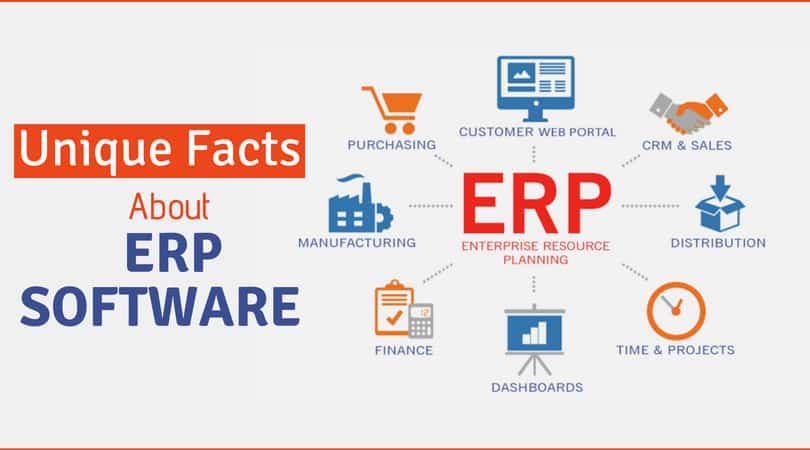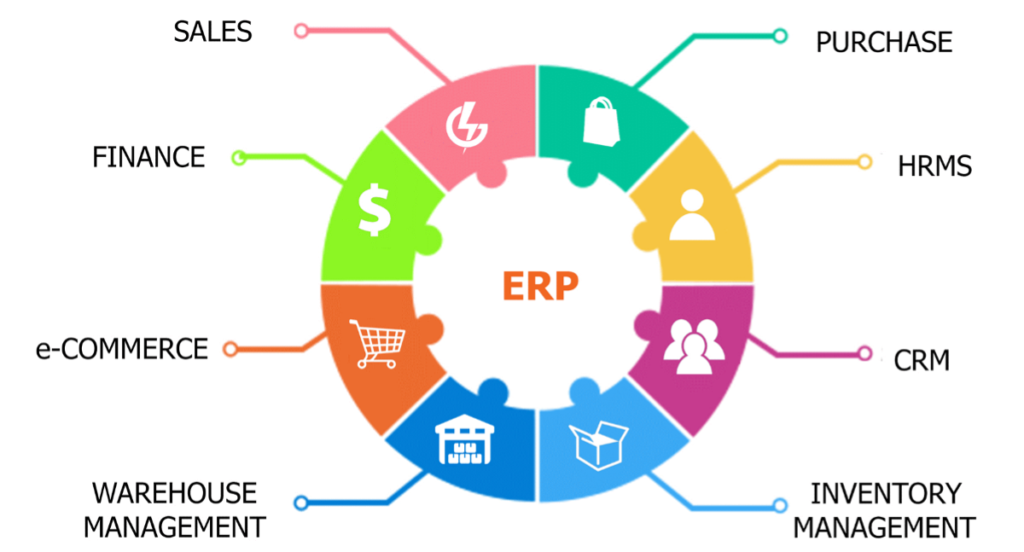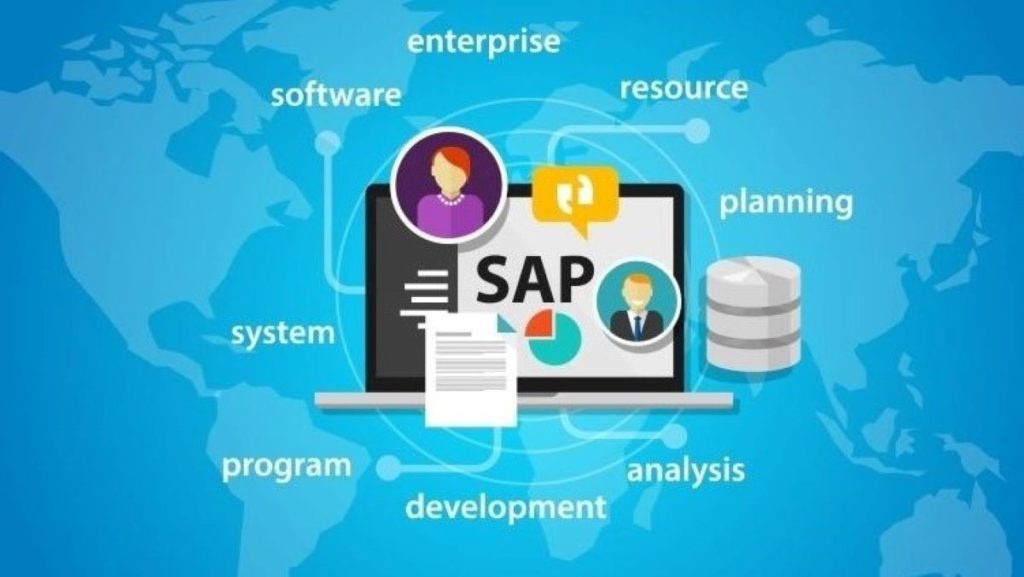Featured Image By Bakhtiar Zein
Are you thinking of investing in SAP ERP software? It’s definitely not an easy decision to make. For one thing, it’s a substantial investment. But is it worth it? We say it is.
Whether your business is small or large, there are certain benefits of using an SAP ERP system for your company.
An SAP ERP solution can be a major asset for a company. For example, it can make your business run more smoothly by protecting and unifying your data, automating business processes, and producing easy-to-understand trends. These and a number of other capabilities will make your company’s operations and planning much more efficient.

Image credit: softkeymatrix.com
Here are nine of the most important benefits of implementing SAP ERP software.
1. Visibility and Accessibility of SAP ERP
One of the biggest benefits of SAP ERP is its accessibility. Employees from all departments in the company can access the data stored in the ERP software from any location and from any device.
The fact that the information is stored in a centralized location that is visible and easily accessible to everyone allows for better collaboration between departments. It also makes for more coherent workflows and streamlines task completion. Meanwhile, you can more easily track processes.
The data you’ll be seeing will be complete, accurate, and updated, Therefore, you’ll be able to make decisions quickly and with confidence.
2. Improved Efficiency
The implementation of an SAP ERP solution can significantly reduce the time and effort employees need for completing their day-to-day activities. Moreover, it can reduce or completely eliminate daunting manual processes, thus allowing team members to focus their attention on more important tasks.
In addition, an ERP solution will allow your business to standardize its own systems and processes. This will further enhance efficiency and productivity. And because most processes are automated, errors and costs are significantly reduced.
3. Customizing an SAP ERP System
Nowadays, most SAP ERP vendors offer several applications that you can implement together in accordance with your business’s specific needs. In other words, you can choose the components that work best for your company and leave out those you don’t need.
The manner in which the software is implemented represents yet another aspect of customization. The two major means of deployments are either through a cloud or on your company’s premises.
If you choose to deploy through a cloud, the software will be handled off-site by an SAP ERP provider. However, if you choose to deploy on your own premises, you will need to purchase and install physical software on all your company’s servers and computers.
4. Reduced Costs
Even though ERP software is a substantial investment, it can actually reduce costs in the long run. For example, instead of investing in several different systems that require infrastructure, staff, licenses, and support, you can focus on investing in a single efficient SAP ERP solution. In addition, using a single system reduces training requirements for end users.
5. Improved Collaboration
If you want your business to thrive, you must have strong collaboration between the company’s departments. Of course, this collaboration requires more effort and time. For this reason, teams usually tend to work in silos.
However, using an SAP ERP solution will streamline the process of collaboration by providing employees from all departments with access to the information they need anytime, anywhere.
The fact that data from each department is in a single centralized location makes communication across the entire company much more efficient. This is because every employee can access company data and get a clearer big picture. This in turn enables them to become more engaged and proactive. As a result, overall employee productivity improves.

Image credit: marketexpert24.com
6. Better Planning and Reporting
Implementing SAP ERP software means your company has a unified reporting system for every process. Because there’s a single source of accurate, up-to-date data, SAP ERP can generate useful analytics and reports at all times and without the help of an IT expert. This allows you to compare and analyze the work of different departments without having to use emails and spreadsheets.
7. Customer Service
The company’s employees aren’t the only ones who will experience the benefits of using an SAP ERP system. Your clients will benefit from it, too. Because client information is streamlined and centralized, your sales reps will be able to focus on building quality relationships with customers instead of constantly working on spreadsheets.
By tracking customer data, your marketing team can get clear insights, improve interactions with customers, and focus on designing more targeted marketing campaigns.
8. Data Quality and Security
One of the most important benefits of using an SAP ERP solution is data security. Both cloud-based and on-premises ERP software offer a high degree of security.
Sharing data across different departments improves collaboration throughout the company. However, SAP ERP solutions also offer intrinsic controls that enable you to limit who can share and see data, thus ensuring its security. In addition, the database system enables centralized backups of sensitive and critical data.
RELATED ARTICLE: TAKE STEPS TO PROTECT YOUR BUSINESS FROM CYBERCRIME
9. Easy Scalability
To ensure success for your business, you need to think and plan for the future. Businesses that fail to prepare for the future often face problems that can become major setbacks.
Implementing an SAP ERP solution means having a system that can adjust to your company’s growth easily and efficiently. Whether you are entering a new market or expanding your customer base, SAP software will ease the transition. Also, if you’re introducing new products, processes, or departments, you’ll be able to add new users or functionalities to an SAP ERP software easily. Just be sure your SAP ERP vendor understands your intentions for future growth.
Implementing an SAP ERP System
When you have decided to implement an SAP ERP system for your business, take steps to drive user adoption. This will help to increase overall productivity once your employees are using the SAP ERP. To facilitate this process, consider getting help from professionals who will accelerate SAP training, making the SAP implementation process straightforward and painless.
Final Thoughts About Choosing an SAP ERP System
When deciding which platforms are best for your company, there’s no universal solution. It all depends on your company’s needs and problem areas. However, for most companies, the advantages of implementing an ERP solution outweigh the disadvantages. The opportunity for completely streamlining business functions and improving overall productivity makes ERP a worthwhile investment.

